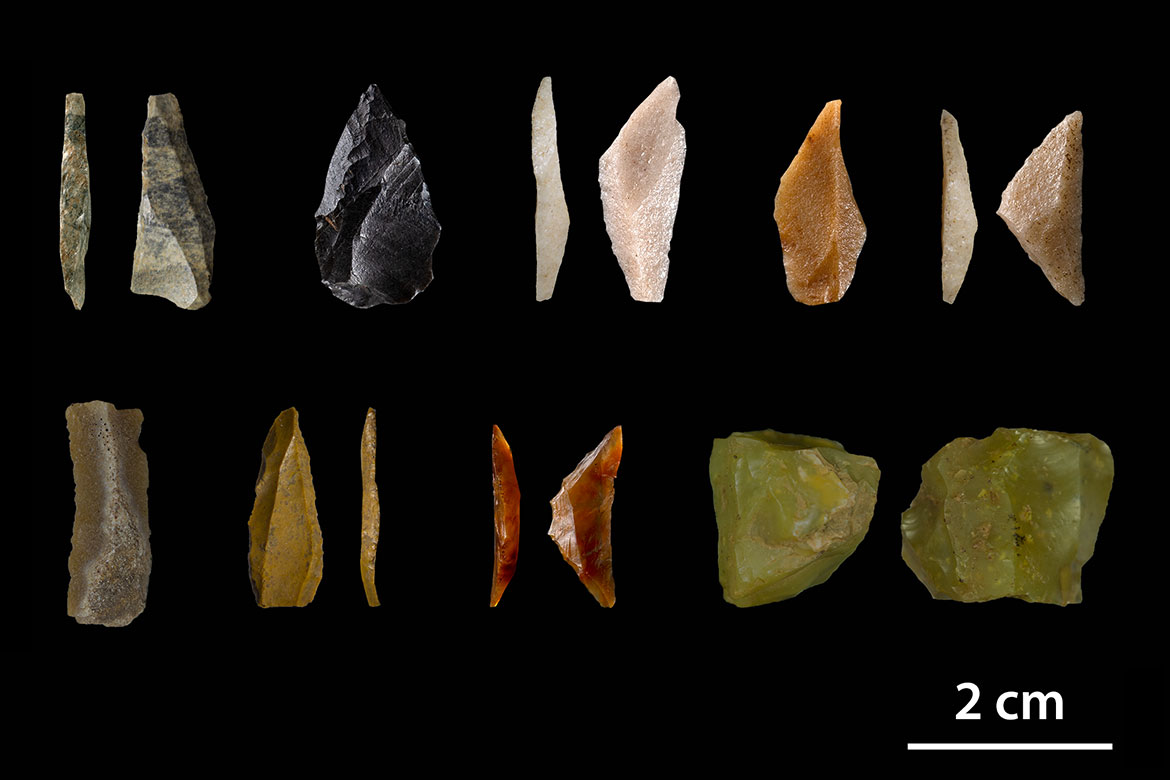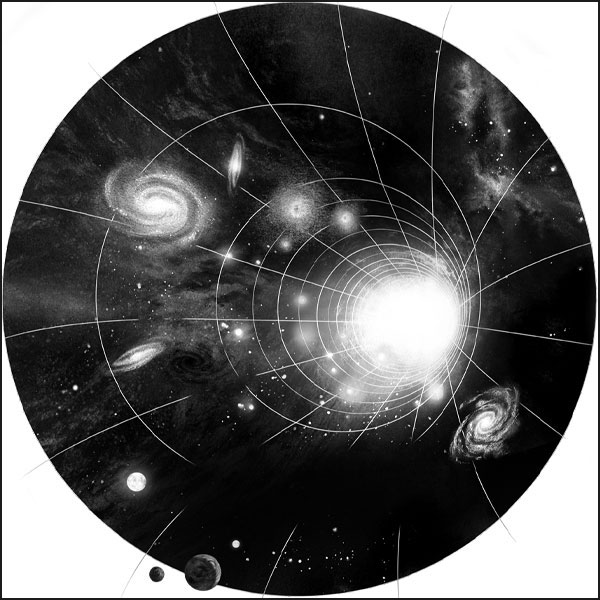PROTECTING THE ENVIRONMENT
A green hill, far away?
When it comes to protecting the environment, religions prefer words to actions. The reasons for this are as varied as the religious communities themselves.

The ecumenical church in Halden in St. Gallen was the first in Switzerland to get a photovoltaic system. The role of environmental protection in general is nevertheless a hot topic of debate in churches today. | Photo: Gaetan Bally/Keystone
There is no shortage of admonishments and proclamations from religious leaders. Whether Papal Encyclicals or Islamic climate symposiums: they all state that the climate crisis has in part been caused by a worldview that is too centred on human beings. Religions are demonstrating an increasing awareness of the environment and are professing their commitment to sustainability and their responsibility to Nature. Their concern is the preservation of Creation itself. But there is no empirical evidence of their actually having become greener. This is the conclusion drawn by researchers from the University of Basel after conducting 68 qualitative surveys of religious communities.
Faith-based ecological thinking is not equally widespread everywhere, says Fabian Huber, a sociologist of religion: “Certain religious groups hold social and economic issues in higher regard than protecting Nature. They place their primary emphasis on the well-being of the poor, for example”. The world’s great religions have always been characterised by different tendencies and trends, he says. As a result, even their approach to today’s environmental issues is determined by many opposing perspectives and interests. Contradictions and tensions repeatedly emerge within religious communities about possible solutions to ecological problems, e.g., meat consumption, the use of renewable energies or the reuse of wastewater. The last of these is sometimes controversial in Islam. Fundamentalist positions are also emerging, with some factions denying climate change, while certain Free Church groups interpret environmental catastrophes as a punishment from God.
According to Huber, society is often critical about religious communities wanting to participate in environmental negotiations, because they are not considered sufficiently competent in matters of climate protection and the environment. Together with colleagues from the University of Lausanne, his research team is now planning a quantitative study of the role of religious communities in the environmental debate. To this end, they want to carry out a survey among 1,500 different religious communities in Switzerland.




